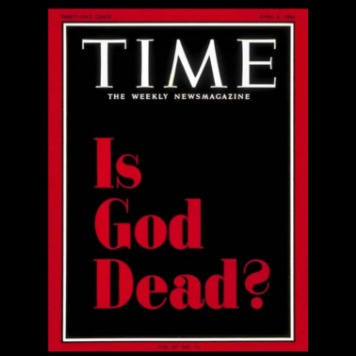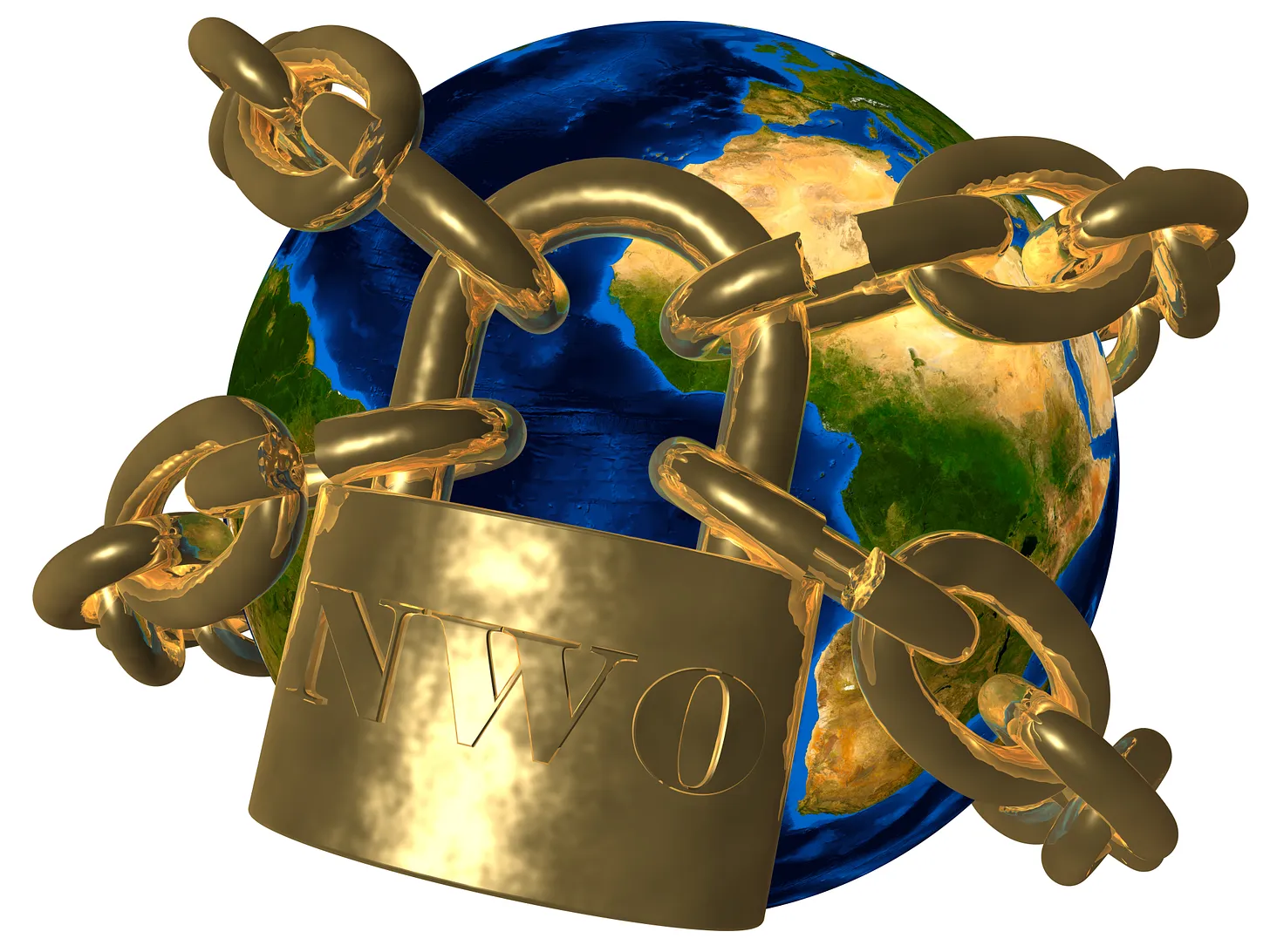The capacity to communicate through language, with speech and words, is a great gift that humanity has been endowed with. It seems though, that we have had insurmountable difficulties in communicating with each other with so many languages and dialects that have developed over centuries and millennia. Further, it appears that even those who speak the same language cannot properly communicate with each other these days.
There is a fascinating story in the Bible about a time when all people living spoke the same language and had no difficulty understanding each other. According to the account, this was the case when all of humanity gathered on a plain in Shinar in Mesopotamia, northwest of the Persian Gulf.
Human beings at that time had ability to communicate with precision, and with their shared design of what was to be done and how to carry out those plans, they used the building materials available in the area to begin building a city with a tower as its centerpiece.
The narrative acknowledges the extraordinary engineering capabilities of the earth’s population working together and the potential for further creative feats of construction and administration. At the same time, it was implied that humanity’s singleness of purpose in whatever they did was quite misguided at best and highly destructive at worst.
What happened next was catastrophic to the designs and plans of mankind: their language was confused, and they could not understand each other’s speech. Oh, they would be able to speak in the common language as they always had, but the intent and meaning of the words would be widely misunderstood by those trying to communicate with the same speech and words they had used prior.
One of my favourite writers, Jonathan Haidt, comments on this compelling biblical story in relation to modern communication in an article that appeared in The Atlantic in May, 2022 – Why the Past Ten Years of American Life Have Been Uniquely Stupid – It’s Not Just a Phase:
“…Babel is not a story about tribalism; it’s a story about the fragmentation of everything. It’s about the shattering of all that had seemed solid, the scattering of people who had been a community. It’s a metaphor for what is happening, not only between red and blue, but within the left and within the right, as well as within universities, companies, professional associations, museums, and even families.”
He goes on to explain that he believes the rise of social media had rebuilt a “Tower of Babel” by 2011 (evidenced by the “Arab Spring”), and he further wrote that, prior to 2011, humanity, and particularly the Western World, had relied on three significant elements that work together in successful democracies: social capital (extensive social networks with high levels of trust), strong institutions, and shared stories. No longer is this true!
Michael Slaby, in a three-part series that appeared on Substack, wrote in November, 2021 that the polarization and division caused by our modern communication systems have had the following effects:
· “They have put stress on our friendships and family ties.” Have you noticed how tense conversations have become with those we once agreed with on a host of matters?
· “They have pushed people away from civic participation by decreasing commitment to others and narrowing our idea of who is in our in-group.” There are few worthy causes that unite our peoples any longer and the focus of our communication is what divides us.
· “They have increased our reliance on proximity as substitutes for authority and credibility which we rely on as key components of trust.” In our Country, the West, Quebec and the Maritimes increasingly feel disenfranchised by Ottawa.
· “They have undermined our ability to constantly determine the facts that form the foundation of shared truth.” The language is used deceptively and falsely, highly-biased narratives are formed and the meanings of words are changed.
Over the last few decades we have been assaulted by a relentless barrage of language alterations that have given words and phrases different meanings than we assigned to them in the past – it seems the language has been confounded and confused and we just don’t communicate very well with each other any more.
In my lifetime we have seen definitions of words and terms change from what we once expected their meanings to be: Pride, Gay, Rainbow, Pro-Choice, Pro-Life and many others that describe attitudes toward issues like sexual orientation and human reproduction.
Now we have catch-alls like LGTBQ2S+, acronyms like MAP (Minor Attracted Persons) and MAiD (Medical Assistance in Dying), confusing phrases like Conversion Therapy and Gender Affirmation [ie: Surgery], and some people want us to use a part of speech – pronouns – to address them in ways that define how they wish to be perceived.
As well, we have a whole host of watchwords and phrases associated with the modern phenomenon commonly known as “woke.” More and more we are being confronted by this at work or at school or in other settings – allow me to list a few:
· Anti-racist – to describe someone doing the work to undo their own innate racism (if you are not doing that work, then you are a racist) – Ibram X. Kendi has at least three books on the subject (one with Heather’s seal of approval) in prominent displays at Indigo stores.
· Critical Race Theory – the premise is that racism exists everywhere – every person, every institution and every interaction (one must explore how, not if, racism occurs in every circumstance).
· Systemic Racism – the idea that racism is imbedded in every system in society; that society is built for whites (particularly white heterosexual men) to the exclusion of all other groups.
· Whiteness – it’s no longer about the colour of one’s skin, but who owns the power structure (it’s called “multi-racial whiteness” when a non-white person disagrees with woke ideology – they are then white and supremacist; Uncle Tom or “the black face of white supremacy”).
There are many more examples we might cite to show that the language we once had in common is not understandable to everyone any longer. These are just the words that comprise our language – the English language particularly that you and I are communicating in at this moment.
Unfortunately, these words are also used to communicate ideas and narratives – communication of all sides of any issue has been labelled by those who disagree as “fake news,” and by those who agree as “alternative facts,” or “their truth.”
From what I have observed, much of the communication we are exposed to these days has to be analyzed for a very deceptive triad of methodology: Mis-information, Dis-information and Mal-information. There are subtle and not-so-subtle differences between the three:
· Mis-information – is to unintentionally communicate misleading information and is based on assumptions and views without investigation by the communicator.
· Dis-information – is to deliberately communicate misleading information to deceive through lies and false narratives.
· Mal-information – is communication of real information, but with false context to elicit specific feelings – i.e.s: support, hatred, desire to cancel.
Information is coming at us “24/7 – 365” and this massive volume of communication is influencing how we think, speak and act. An anonymous Kiwi writer I came across recently wrote the following:
“The problem with this culture of PC [Political Correctness]: Instead of encouraging an honest examination of the facts, it simply takes a totalitarian attitude and censors any opinion it doesn’t like or which might offend and calls it ‘racism,’ ‘sexism,’ or ‘hate speech…’
“Facebook censors posts. Google censors searches. Twitter censors tweets. YouTube censors videos. Political Correctness is an insidious cancer which silences people and forces them to deny reality, and it also introduces a lot of [male bovine dung] words and concepts: ‘cultural appropriation,’ ‘trigger warnings,’ ‘safe spaces,’ ‘mansplaining’…”
Another quote from Jonathan Haidt’s article in The Atlantic demonstrates how the fragmentation and scattering of people occurs through confusing language and corrupted speech:
“The universal charge against people who disagree with [a] particular narrative…is ‘racist,’ ‘transphobe,’ ‘Karen,’ or some related scarlet letter marking the perpetrator as one who hates or harms a marginalized group. The punishment that feels right for such crimes is not execution, it is public shaming and social death.”
What else can those punished in this way do but leave their environment or move away to avoid further persecution or destruction of their personal lives.
Such fragmentation and scattering, often in the real world and not just on-line, seems the natural course of action for those who have been disgraced or “cancelled.” This modern phenomenon, then, may indeed be compared to what occured at Babel.
The biblical account of what happened at “Babel” speaks to us about the importance of communication: so much is possible for humanity to accomplish if used properly, BUT only discord and destruction comes from misuse.
There is a prophecy in the Old Testament of the Bible that states God will gather (NOT scatter) all nations and peoples and will give them a “clear and pure” speech so that they might have a relationship with Him (Zephaniah 3:8-9), which will inspire and create far greater projects than anything planned for Babel. We will not achieve that ideal in this present age, but in the world to come with the return of Jesus Christ.



